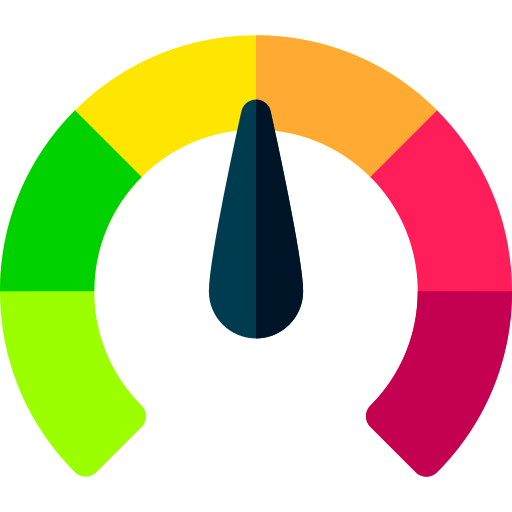Review the Latest Scientific Literature on Heat Health Risks
0 publications
Preventative meassure's for common symptoms and diagnosis
- AKI (Acute kidney injury)
- drink water in a manner that prevents dehydration, by either drinking to thirst or drinking according to body mass loss when available,
- CKD (chronic kidney disease)
-
2. Fluid balance:
- consum foods high in watter and drink water frequently throughtout the day to avoid becoming dehydrated, but dont ove consume to avoid fluid overload. - avoid icy beverages, which can cause stomach cramps.
- avoid drinking caffeine or alcohol or ingesting large amounts of sugar, as these can cause your body to lose more fluid. - stay cool by wearing a hat or a wet bandana around your neck to help control your thirst.
- carry a small spray bottle filled with lemon water or mouthwash to spray your mouth when you feel excessively thirsty. - Check with your nephrologist for guidance about your fluid intake during hot summer days and whether it should be adjusted to account for the rising temperatures. -
3. Wear sunglasses:
- Sunglasses protect your eyes in the same way that sunscreen protects your skin from harmful sun damage. - Your sunglasses should block at least 99% of UVB rays and 50% of UVA rays.
- Wraparound sunglasses and other styles that completely cover the eyes are best to avoid sun damage. - The last thing patients need is another health complication. -
4. Save your skin from sun exposure:
- Every Chronic Kidney Disease, Dialysis, and Kidney Transplant patients should wear sunscreen and apply it liberally. - Unprotected sun exposure can cause skin damage and, in some cases, may even lead to skin cancers. Use sunscreen with an SPF of at least 15.
- Remember to reapply your sunscreen every two hours and also right after swimming or exercising. - A water-resistant sunscreen will be less likely to come off if you swim or perspire.
- You can also protect your skin by covering up with a shirt, wearing a hat, or sitting in the shade. -
5. Go outside. Get moving:
- Morning or late afternoon sunny days of summer are great times to walk or enjoy a light exercise routine. Even if you feel tired at times, easy exercises may help you feel better. Please, check with your nephrologist before starting a summertime exercise routine. - Whether you're spending time outdoors with your family, caring for a loved one with a chronic condition, or working outdoors, it's essential to keep cool, keep a good fluid balance, and know the warning signs of heat-related illnesses.
- Be sure to talk with your nephrologist before the summer season about other ways you can stay safe during the warm summer months. - Hay Fever
- Keep windows closed during high pollen periods; use air conditioning in your home and car:
- Summer heat is proven to circulate mold spores and pollen, making seasonal allergies worse.
- tiny particles and items can cause discomfort for a lot of people.
- When the air is warmer and more humid, it becomes easy for allergens to float from anywhere inside or outside your home
- Use “mite-proof” bedding covers to limit exposure to dust mites and a dehumidifier to control mold. (If you smell mildew, you likely have mold). - Wear glasses or sunglasses when outdoors to keep pollen out of your eyes.
- Wash your hands after petting any animal, and have a nonallergic person help with pet grooming, preferably in a well-ventilated area or outside.
- Heat Stroke
-
Get Plenty to Drink:
- Sweating removes needed salt and minerals from the body. When it is hot, drink more water, juice and sports drinks. Avoid drinks with caffeine (tea, coffee, and cola) and alcohol. - Stay Cool Indoors:
- The best way to beat the heat is to stay in an air conditioned area. If you don’t have an air conditioner, go to a shopping mall or public building for a few hours. A cool shower or bath is also a good way to cool off. - Wear Light Clothing and Sunscreen:
- Wear as little clothing as possible when you are at home. Choose lightweight, light-colored, loose-fitting clothing. - In the hot sun, a wide-brimmed hat will keep the head cool.
- If you will be in direct sun, use a sunscreen with a sun protection factor (SPF) of 15 or higher and follow package directions. Reapply every 2 hours while in the sun. - Schedule Outdoor Activities Carefully:
- Try to be less active during the hottest part of the day, late afternoon. - If you must be out in the heat, plan your activities so that you are outdoors either before noon or in the evening.
- While outdoors, rest often in a shady area. - Never leave kids or pets in a parked car. - Heat Illness
- Wear loose-fitting, lightweight clothing:
- Wearing excess clothing or clothing that fits tightly won't allow your body to cool properly. - Protect against sunburn:
- Sunburn affects your body's ability to cool itself, so protect yourself outdoors with a wide-brimmed hat and sunglasses and use a broad-spectrum sunscreen with a sun protection factor, or SPF, of at least 30. Apply sunscreen generously and reapply every two hours, or more often if you're swimming or sweating. - Drink plenty of fluids:
- Staying hydrated will help your body sweat and maintain an average body temperature. - Drink plenty of fluids:
- Staying hydrated will help your body sweat and maintain an average body temperature. - Take extra precautions with certain medications:
- Ask your health care team your medications can affect your body's ability to stay hydrated and dissipate heat.

